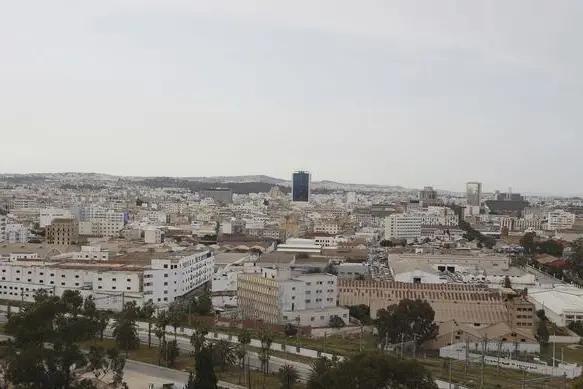PHOTO
Tunisia - Tunisia is capable of raising the contribution of the social and solidarity economy (SSE) to 5 or even 6% of the GDP per year, in the near future, Prime Minister Najla Bouden said at a side event of the World Economic Forum (WEF) held from January 16 to 20 in Davos, Switzerland.
«We seek to create 40 to 50 thousand direct jobs through the development of SSE, which stands as an alternative to the traditional approach to development. The traditional approach was inefficient in reducing unemployment and poverty,» Bouden added, as she was the guest of honour of a debate on «Unlocking the Social Economy Towards an Inclusive and Resilient Society.»
The PM recalled the measures taken by Tunisia to boost social and solidarity-based entrepreneurship.
The International Labour Organisation (ILO) had published a report on "Decent Work and the Social and Solidarity Economy» in April 2022, recognising «the role of the SSE for a broad-based, job-rich recovery with decent work opportunities for all.»
To unlock the potential of the social economy, the report suggests advancing the existing social economy and recalibrating the wider economy to be more value-driven.
Policy makers play a particular role in creating a favourable policy environment for both of these changes. They are called upon to recognise the social economy and put in place regulatory frameworks favourable to its development.
In this respect, the PM recalled the steps and measures taken by Tunisia to move from a traditional development model to a more inclusive and sustainable economic paradigm.
These include the law on social and solidarity economy adopted in 2020, after a series of tripartite consultations with the support of the ILO to create an environment conducive to a human-centered, more equitable and inclusive economic model in Tunisia.
This law aims is to promote the economic and social inclusion of underserved and marginalised citizens, particularly those living in remote rural areas and unemployed youth, by encouraging them to join cooperatives, mutual organisations or self-help groups that can help improve livelihoods and create jobs.
«Tunisia is committed to its policy of solidarity, self-help and collective work. We consider this approach a real opportunity to achieve inclusive growth,» Bouden indicated. She cited the measures taken by her government concerning the creation of community companies and the amendment of the legislation governing the action of the Tunisian Solidarity Bank, to give loans to social enterprises.
Bouden also recalled the main strategic axes on which the «Vision Tunisia 2035» is based. These are mainly human capital, social justice, the knowledge economy, the competitive and diversified economy, the green economy and climate change and regional development and land use.
She also spoke about the initiatives and projects supported by the ILO, including the «Decent work for sustainable development (DW4SD)» and other projects such as the «Raidet» project for women's entrepreneurship, which provides for creating 3,000 projects over the next five years, at a rate of 600 projects per year.
The debate was moderated by Director of the Schwab Foundation for Social Entrepreneurship Francois Bonnici, Director-General of the ILO Gilbert F. Houngbo, Director of Marketing and Solutions and member of the SEVE Board of Directors Julia Blanc and the Indian social entrepreneur Jeroo Billimoria.
The event is co-hosted by the ILO, Catalyst 2030 and the Schwab Foundation for Social Entrepreneurship as part of the 52nd World Economic Forum meeting.
© Tap 2022 Provided by SyndiGate Media Inc. (Syndigate.info).





















